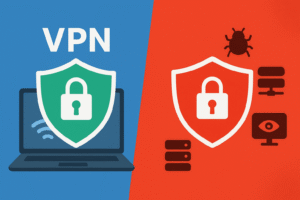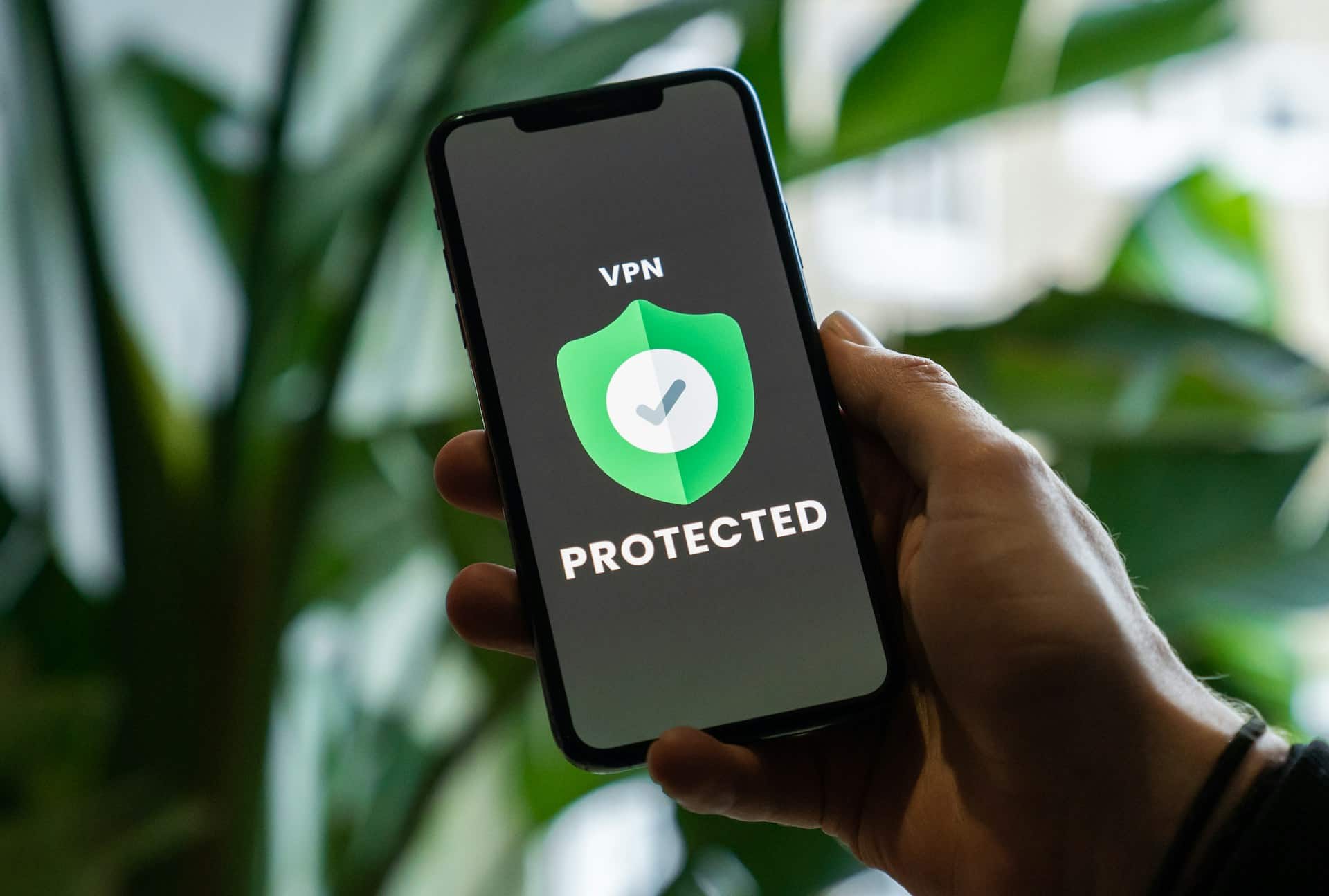Introduction
Virtual Private Networks (VPNs) have become essential tools for online privacy and security. Many users turn to free VPN services to protect their data without spending money. However, free doesn’t always mean safe. While they can provide basic privacy, free VPNs often come with hidden risks that could compromise your online security.
1. What Free VPNs Usually Offer
Free VPNs typically provide limited features compared to paid versions. You might experience slower speeds, restricted bandwidth, and access to fewer server locations. Customer support is often minimal, and encryption protocols may be outdated or weaker than those in premium VPNs. While these services are enough for casual browsing, they might not be sufficient for sensitive activities like banking or confidential communications.
2. Security Risks of Free VPNs
One of the biggest concerns with free VPNs is how they handle your data. Many free providers log your online activity and sell it to advertisers or third parties. Some apps even contain malware or adware, which can infect your device. Weak encryption and outdated protocols make free VPNs more vulnerable to cyberattacks, putting your personal information at risk.

3. Privacy Concerns
Privacy is another critical issue. Free VPNs often track your browsing habits to generate revenue. Shared IP addresses can also reduce anonymity, making it easier to trace online activity back to you. Some providers may even comply with data requests from governments or third-party organizations, further compromising your privacy.
4. Comparison With Paid VPNs
Paid VPNs offer stronger encryption, modern security protocols, and strict no-log policies. They typically provide a wider network of servers, faster speeds, and reliable customer support. While free VPNs are suitable for basic needs, paying for a reputable service significantly increases security, privacy, and overall online safety.
5. Tips for Using Free VPNs Safely
If you decide to use a free VPN, choose providers carefully and check reviews. Avoid performing sensitive transactions like online banking or shopping. Consider using free versions of premium VPNs as trials, giving you limited access without compromising security. Always stay aware of what data the service collects and how it is used.
Conclusion
Free VPNs can be convenient for casual browsing or occasional public Wi-Fi use, but they come with security and privacy trade-offs. For those serious about online protection, investing in a paid VPN is the safest choice. Remember: your privacy is worth protecting, and a small investment can prevent much bigger risks.
Related Article
For more insights on free VPN services and staying safe online, check out our guide:
The 5 Best Free VPN Services in 2025

